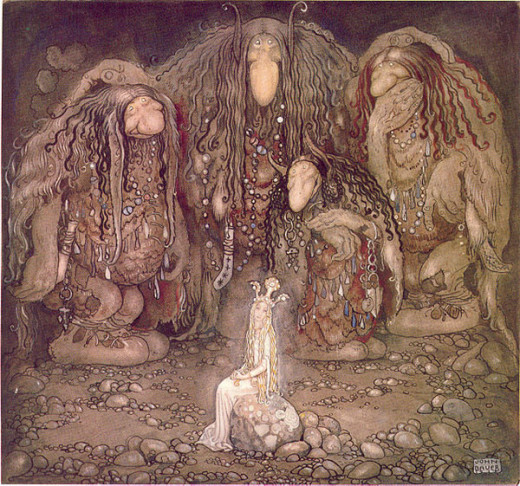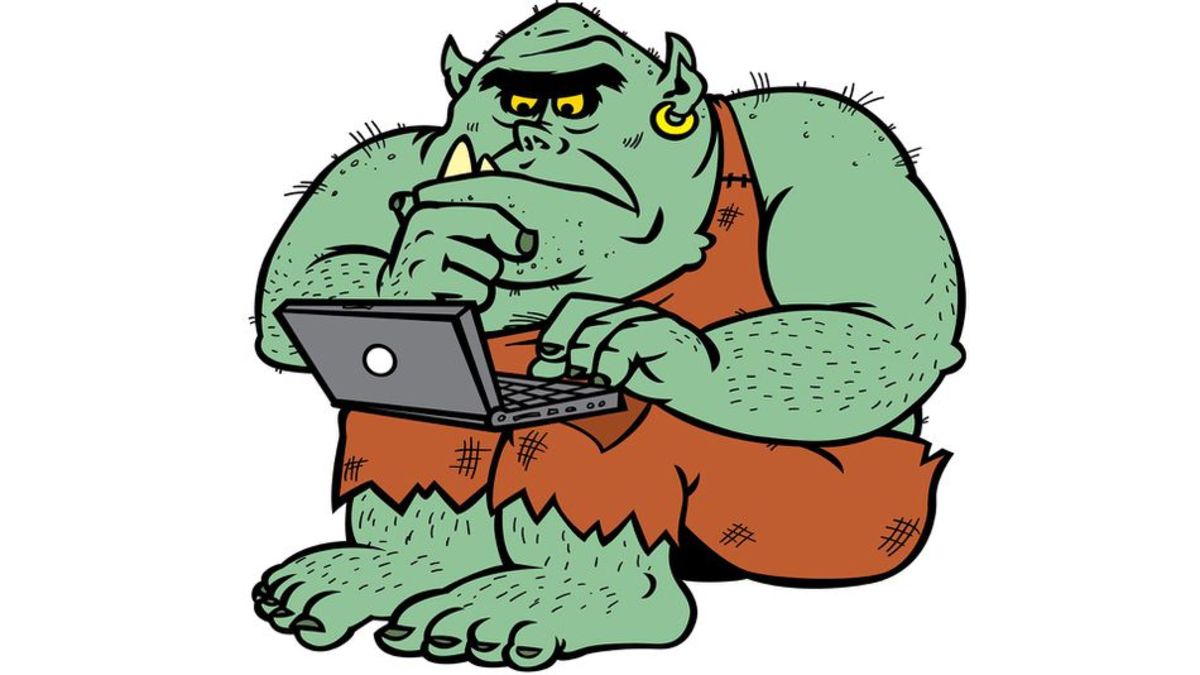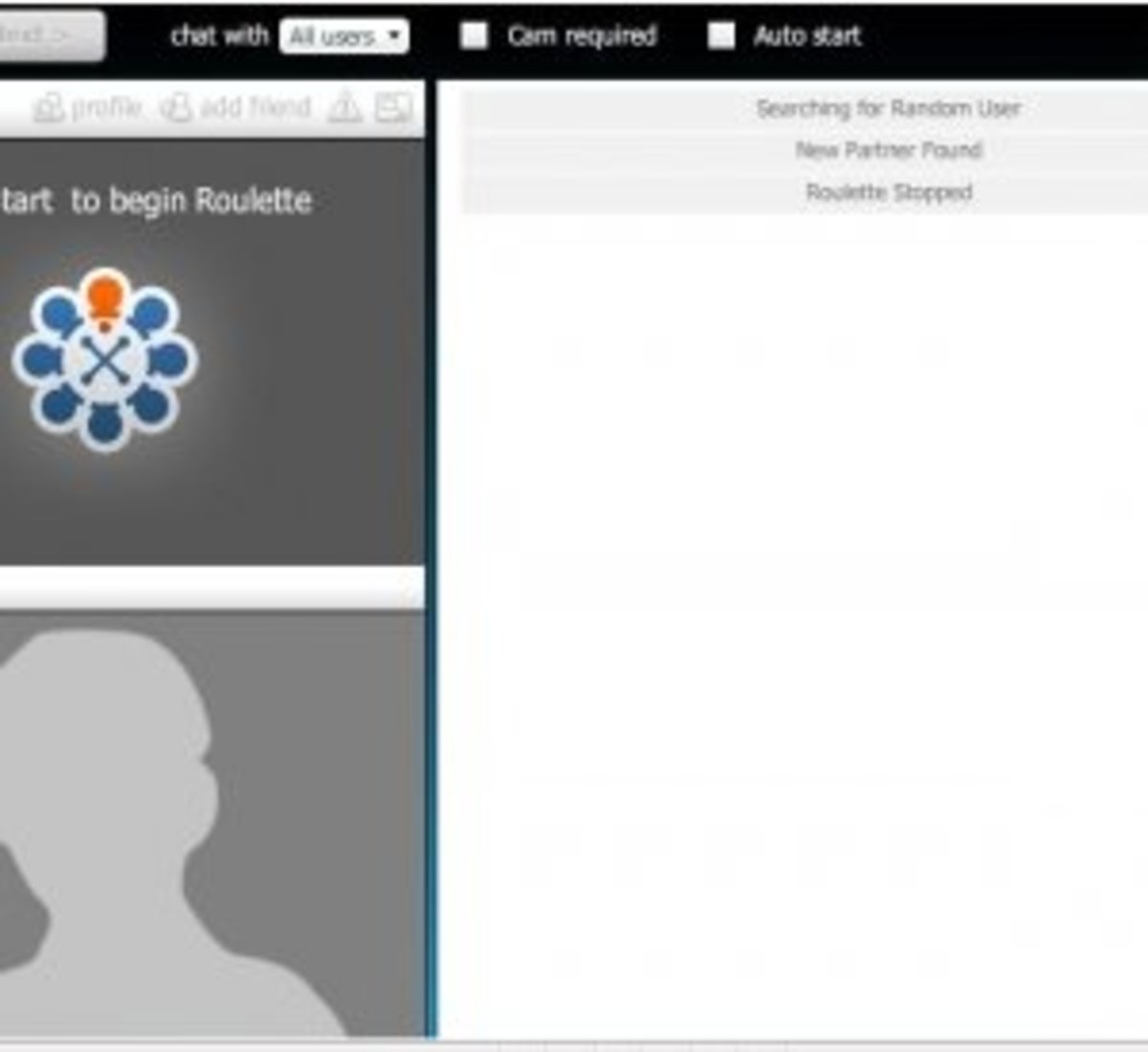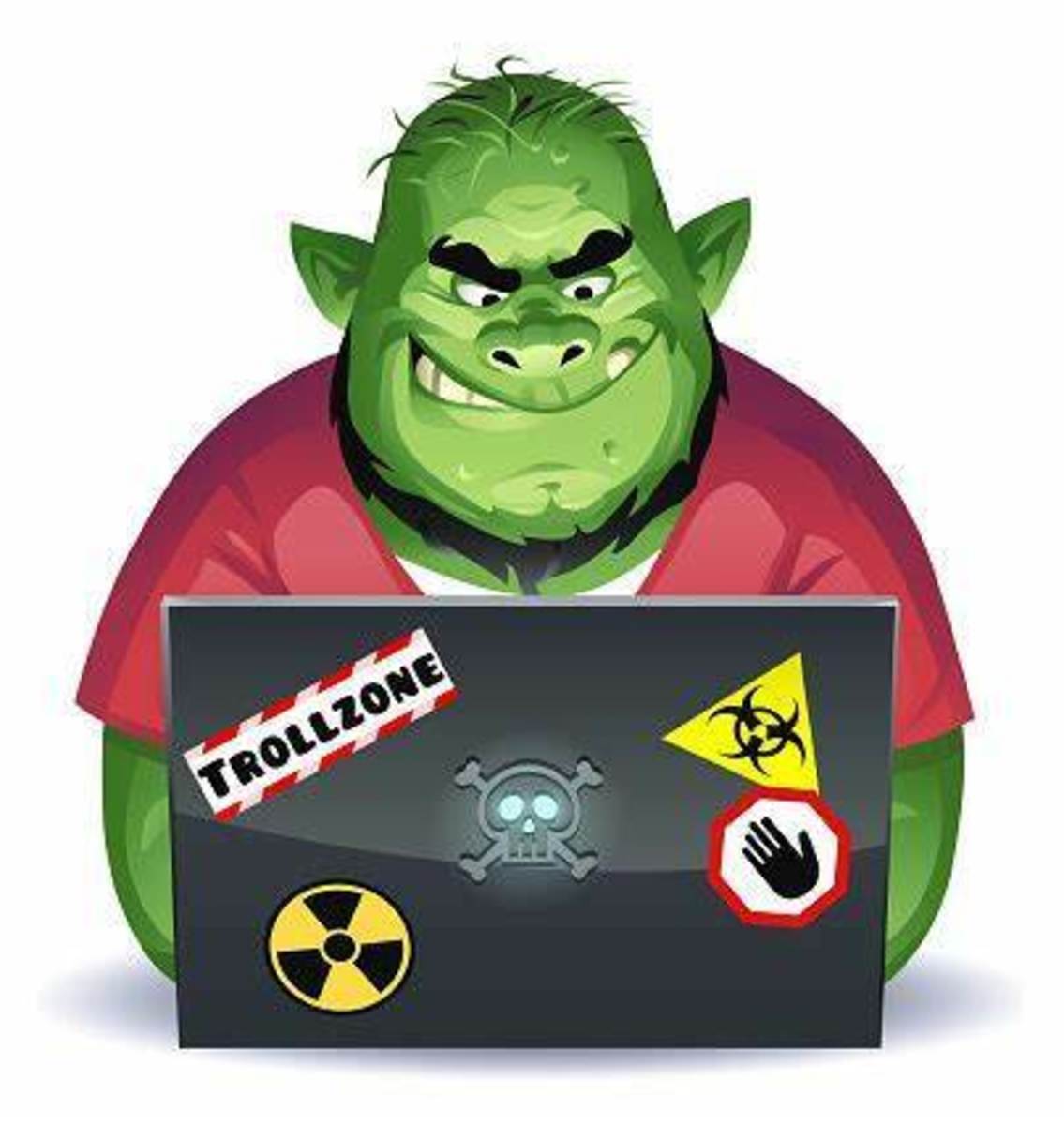How To Battle Internet Trolls

Internet trolls are almost as old as the Internet itself. Though the term is relatively new in mainstream popularity, people well involved in messages boards, weblogs and social networks have been fighting, usually unsuccessful, troll infestations for years. As the world shifts more and more to relying off of social media, trolls have multiplied at alarming rates. Many websites now are facing the problem of how to reduce these numbers, and ultimately drive them into extinction.
What is a troll?
We're not talking about big-nosed goat-eating monsters from Norwegian folktales - our troll is something much more malicious than that. A troll is a regular Internet user, like you or me, that uses shock or severely unpopular statements with the specific intent of offending everyone - all under the cover of anonymity or deceit.
What are their natural habitats?
Internet trolls roam not under bridges or in mythical forests, but on comment sections and even entire profiles of false personas. Favorite territories include Youtube, popular blogs, news websites, and even Hubpages itself. As they require human interaction to sustain their populations, and breed and inspire new trolls, a good rule of thumb is that anywhere where users can interact, there are almost certainly trolls lurking.
Did you know?
The origin of the word "troll" in the context of the Internet is unknown, but there are a few theories. One is, of course, that it references mythological trolls that are known for causing trouble. Another theory is that it came from the modern English word "trolling" that refers to slowly dragging a lure in the water while fishing.
What is the typical behavior of a troll?
Trolls tend to hang out on social media. Because they rely on anonymity, they stick to the shadows and will never reveal their true names or faces in real life. If you see a troll profile that does have a name and photo, it is almost certainly a disguise - trolls are masters of shape-shifting, after all, and can be a busty young lady one moment and Justin Bieber the next. They can look like anyone, and therefore practicality and logic must be used when distinguishing a troll from a real user.
A typical troll will one basic behavioral pattern. They will appear (usually) as a normal user among a group of users, but utter something completely reprehensible, alarming or inhumane. Topics among their verbal vomit include but are not limited to: extreme racism, sexism or homophobia, loud affirmation of taboos or crimes, or spamming with pictures of nudity, gore or other unsavory content.
It should be noted that "trolling" doesn't have to be this extreme. A more respectable troll might go to a One Direction fansite and ask, in seemingly pure innocence, which one is Lance Bass. Or, perhaps, get actively involved in a conservative religious media site that encourages all women to be housewives, and lament about how household funds are running dry because she married a lesbian.
Quite simply, a troll instinctively seeks to offend, deceive and draw the fury of others, all under the cover of anonymity. A troll does not want you to know that he or she is a troll.
However, another very important point in recognizing trolls is to remember that some real people actually are loudmouth idiots, and that suspect user might be frighteningly sincere. It's a jungle out there on the Internet.

What is the diet of a troll?
Trolls feed entirely off of attention - their favorite flavors are outrage and indignation. Indeed, attention is an absolutely essential nutrient to the well-being of a troll, and it is suspected that without attention, a troll will starve and die. Unfortunately, most regions of the Internet are overpopulated with victims who take trolls seriously and thus overfeed them, which not only contributes to the prosperity and long-life of said troll, it also helps trolls reproduce and increase their population.
Not all attention is negative, however. While trolls love the taste of anger, they also are thrilled for the rare treat of idiocy: where a user takes them seriously and actually agrees with what they say. Another favorite is the polite user who tries to engage the troll in gentle debate - the typical "I understand what you're saying, but..." feeding pattern. Engagement allows trolls to act again and suck more nourishment out of that particular community.
Are trolls always a negative infestation?
The answer is both "yes" and "no." Certainly, trolls are always obnoxious to website administration, and as their very existence relies on pissing off others, trolls can't come in peace - it is counterproductive to the essence of their beings. But "trolling" can be an art form, if correctly done, and not all trolling is the same. It's all in the details.
For example, some topics are almost always sloppy, ugly, and unacceptable. As aforementioned, racism (and other -isms), unwanted porn/shock photos, or threats and/or indication of illegal activity should never be tolerated.
On the other hand, some might differentiate between light trolling, which is obnoxious at worst but overall harmless. A troll in this caliber might suggest or feign shock that the Titanic movie was inspired by a real event.
Additionally, some might argue that there is a certain element of poetic justice in trolling idiots. Imagine someone holding a sign that says "Eating Shellfish is an Abomination!" outside the Westboro Baptist church, and you can imagine an appropriate trolling situation. Though one should always be cautious while participating in trolling, as similar to meth or Pop Tarts, once can easily become ten or twenty or more, until you too have become the very monster that you hate.
How can we stop the trolling problem?
Unfortunately, it's doubtful that trolling will ever stop, but experts have developed some techniques to discourage their well-being.
One method is eliminating the shroud of anonymity. The video-sharing website Youtube recently unleashed plans to attach real names to accounts, or sync with Facebook or other identity-revealing media. You'll find that trolls thrive on the Internet disproportionately to what you see in real life: anonymity is the reason.
However, the best method for the common wanderer of the Internet?
Do. Not. Feed.
As difficult as this apparently is, despite being virtually effortless, cutting off the food source is the best way to control populations of any pest. If you recognize a troll, do not respond to its comments - or, if you can't help yourself and are pained to watch outraged fellows take it seriously, expose the user as an obvious troll, and move on.








